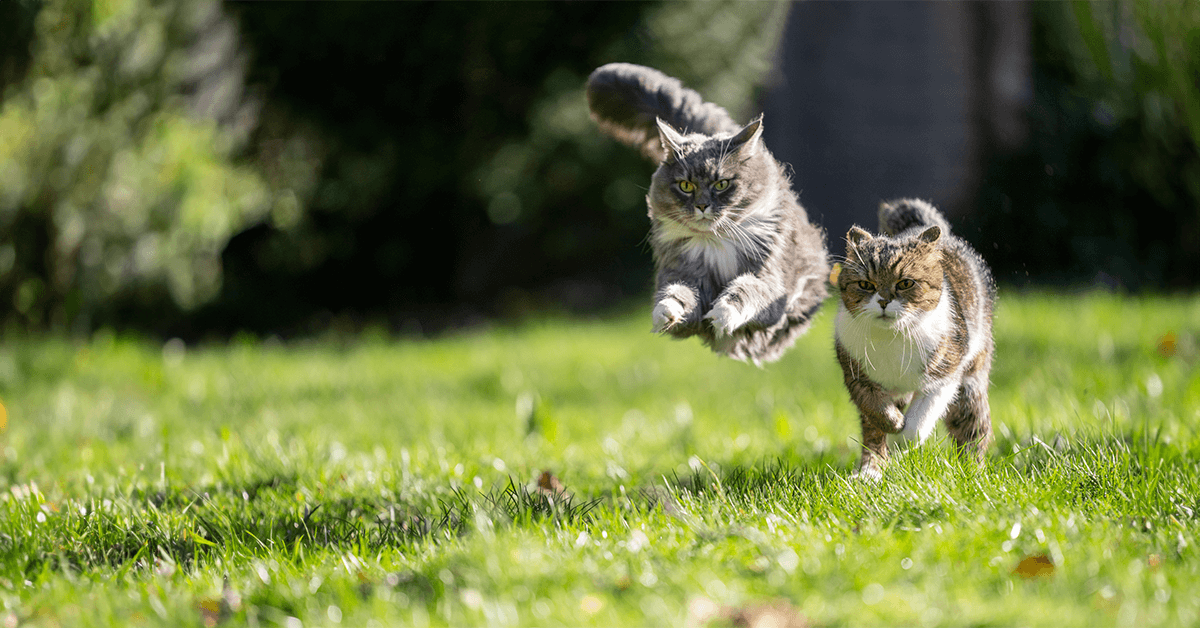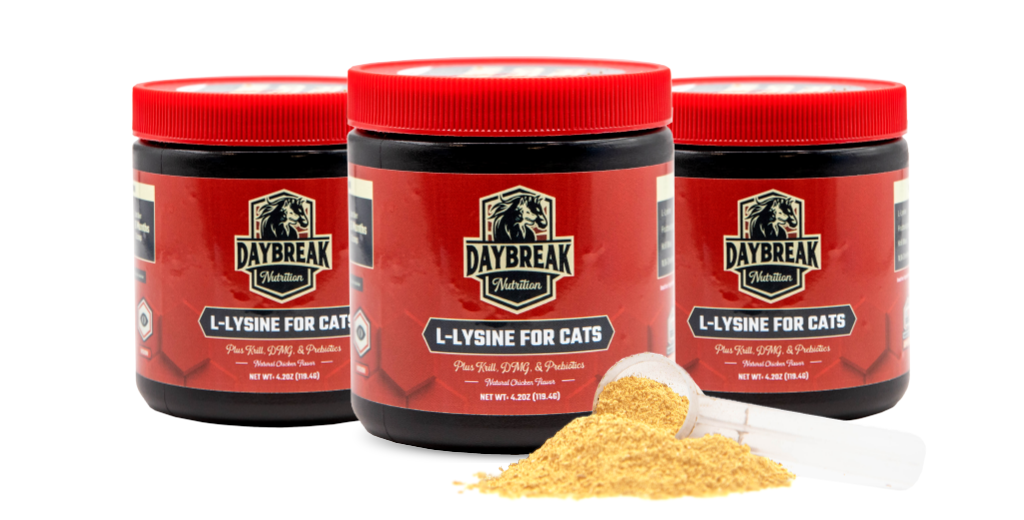Just like humans, cats can suffer from colds, often characterized by symptoms like sneezing, runny nose, watery eyes, and lethargy.
While a cat cold is generally not serious, it can be uncomfortable for your feline friend.
Understanding what causes these colds can help you take preventive measures and provide relief when they occur.
In this post, we are going to explore 5 ways to ease cat colds, starting with what causes them.
Let’s dive in!
What Causes Cat Colds?
Cat colds are primarily caused by viral infections, with the most common culprits being feline herpesvirus (FHV) and feline calicivirus (FCV).
These viruses can spread easily among cats, especially in multi-cat households or shelters.
Factors such as stress, changes in environment, and weakened immune systems can also contribute to the onset of colds.
While most cat colds are mild and resolve on their own, it’s important to monitor your pet’s symptoms and seek veterinary care if they worsen or persist.
5 Ways to Ease Cat Colds
1. Have Your Cat Take L-Lysine
L-lysine is an essential amino acid that can be particularly beneficial for cats suffering from colds, especially those caused by feline herpesvirus.
This supplement can help reduce the severity and duration of symptoms by supporting the immune system and inhibiting the replication of the virus.
L-lysine is available in various forms, including powders, treats, and gels.
Out of all the supplements my cat has tried, Daybreak Nutrition’s L-Lysine for Cats is her favorite.
Daybreak’s L-Lysine for cats is an excellent choice for supporting feline health, particularly during colds.
With 900 mg of L-lysine per scoop, this supplement helps boost the immune system and provides essential respiratory support, making it easier for your cat to recover.
Additionally, the inclusion of prebiotics, krill, and DMG promotes gut health and delivers omega-3 fatty acids, enhancing overall immune function.
Its convenient powder form makes it easy to mix into your cat’s food, ensuring optimal absorption and digestion for your furry friend.
Simply follow the directions on the back and you’re good to go!
2. Keep Your Cat Hydrated
Proper hydration is crucial for helping your cat recover from a cold.
When cats are congested, they may not drink enough water, which can lead to dehydration and worsen their symptoms.
Ensure your cat has access to fresh water at all times.
You might also consider offering wet cat food or adding water to their dry food to increase their fluid intake.
If your cat is reluctant to drink, try providing a pet water fountain, which can encourage them to hydrate.
3. Use a Humidifier
Using a humidifier can help alleviate nasal congestion and soothe irritated airways in cats with colds.
Moist air can make it easier for your cat to breathe and can help clear out mucus.
Place a humidifier in the room where your cat spends most of their time.
Be sure to clean the humidifier regularly to prevent mold and bacteria buildup.
Alternatively, you can create steam by running a hot shower and letting your cat sit in the bathroom for a short period.
4. Provide a Warm, Cozy Space
A warm and comfortable environment is essential for a sick cat.
Cats often seek out cozy spots when they’re not feeling well, as warmth can help soothe their discomfort.
Create a cozy resting area with soft blankets in a quiet, draft-free location.
Ensure your cat has a safe and peaceful space to rest and recover, away from household noise and activity.
5. Monitor Their Health
While most cat colds are mild, it’s important to monitor your cat’s symptoms closely.
Watch for signs of worsening conditions, such as difficulty breathing, persistent coughing, or loss of appetite.
Keep a close eye on your cat and note any changes in their behavior or health.
If symptoms persist for more than a few days or if you notice concerning signs, consult your veterinarian for further evaluation and treatment.
Support Your Cat’s Cold
Easing a cat cold involves a combination of supportive care and monitoring.
By using L-lysine, ensuring proper hydration, utilizing a humidifier, providing a warm space, and keeping an eye on their health, you can help your feline friend recover more comfortably.
Understanding the causes of cat colds and taking these proactive steps will enable you to provide the best care possible for your beloved pet during their time of need.
Thank you for reading!
Affiliate Disclosure
Some of the links on this site are affiliate links. This means that if you click on the link and purchase the item, we may receive an affiliate commission at no extra cost to you. I only recommend products or services that I believe will add value to my readers, however some (not all) do pay us to be on this blog. Your support and theirs helps keep this blog running, and I genuinely appreciate it.
Medical Disclaimer
The information provided on this website is for educational purposes only and is not intended as medical advice. The content shared here is not written by a licensed veterinarian, and it should not be used as a substitute for professional veterinary diagnosis, treatment, or advice. Always consult with your veterinarian or other qualified pet healthcare provider before starting any new treatment or making changes to your pet’s health regimen.

